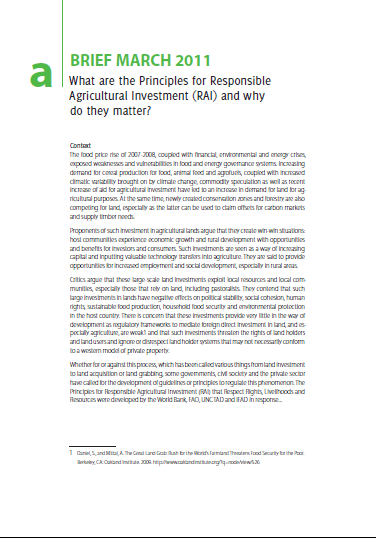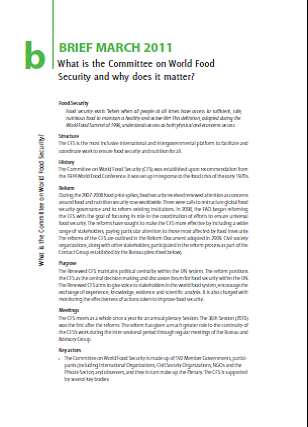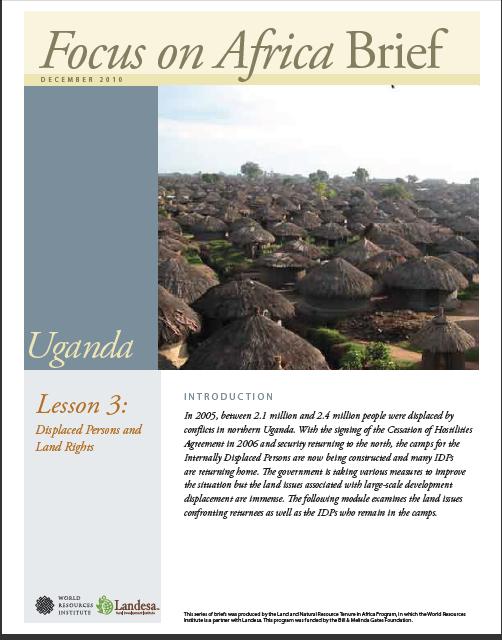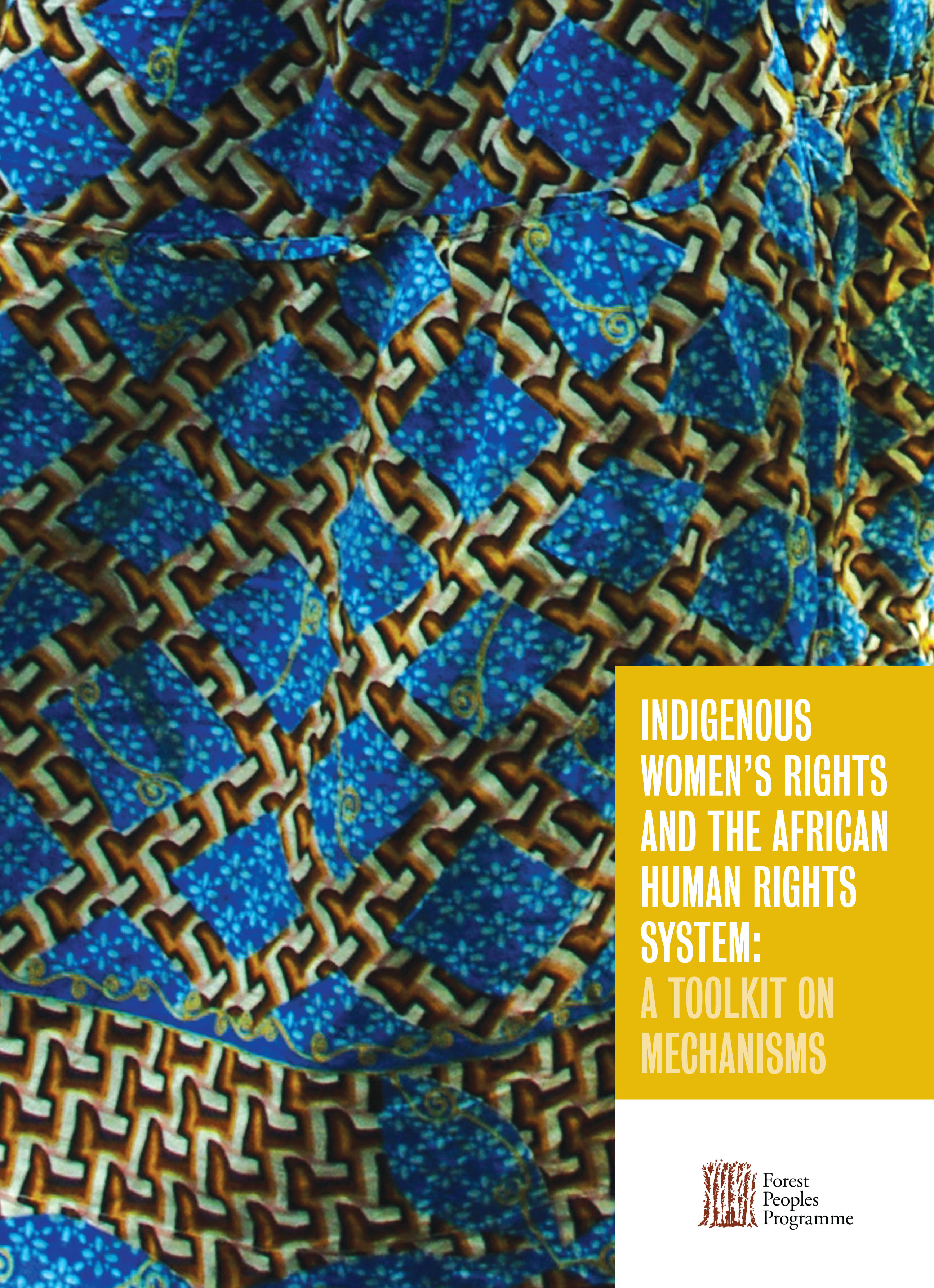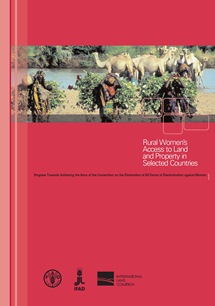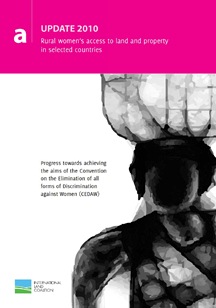What are the Principles for Responsible Agricultural Investment (RAI) and why do they matter?
This brief produced for the Dialogue Initiative on Large-Scale Land Acquisitions and their Alternatives provides an overview of the Principles for Responsible Agricultural Investment (RAI), developed by the World Bank, FAO, UNCTAD and IFAD in response to calls for guidelines to regulate the phenomenon of large-scale investment in land, or land grabbing.

